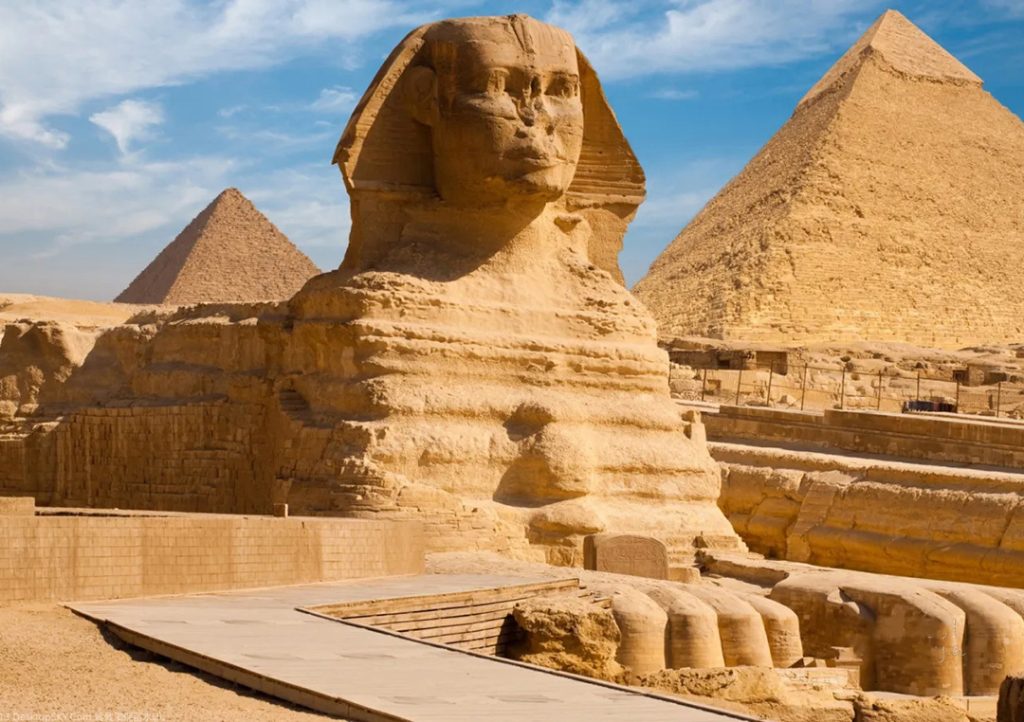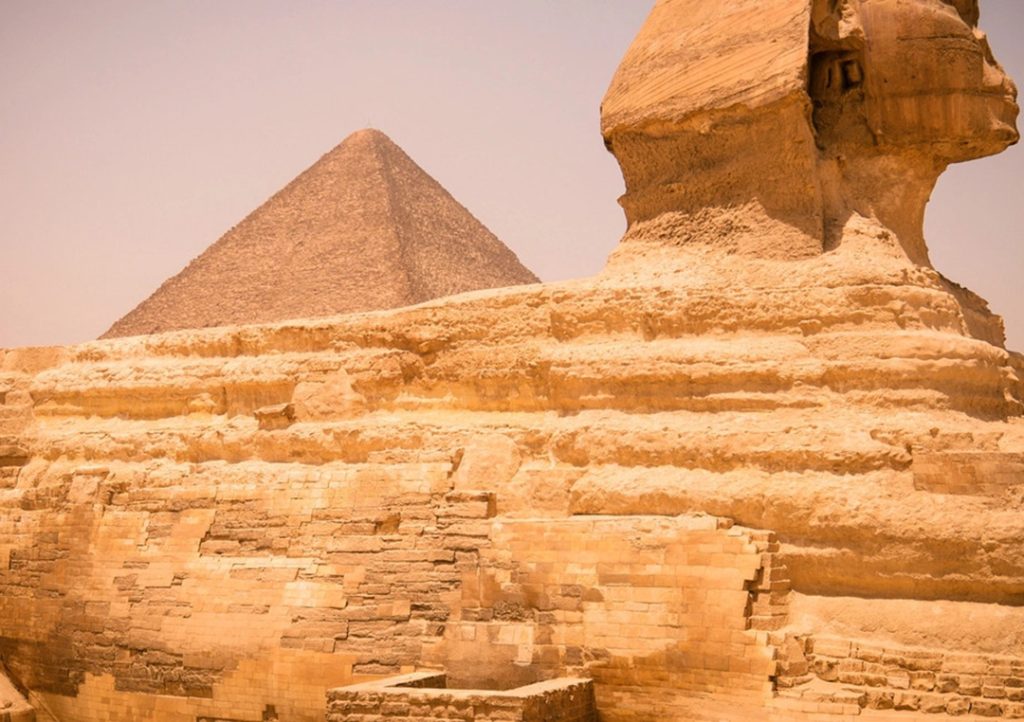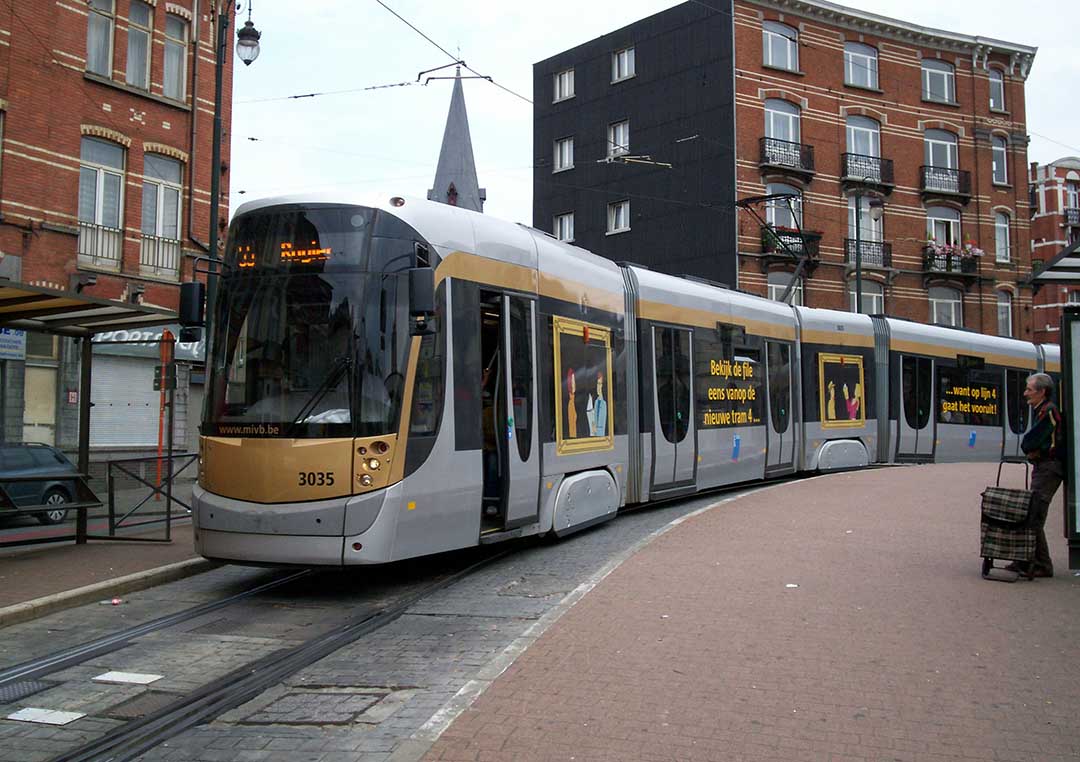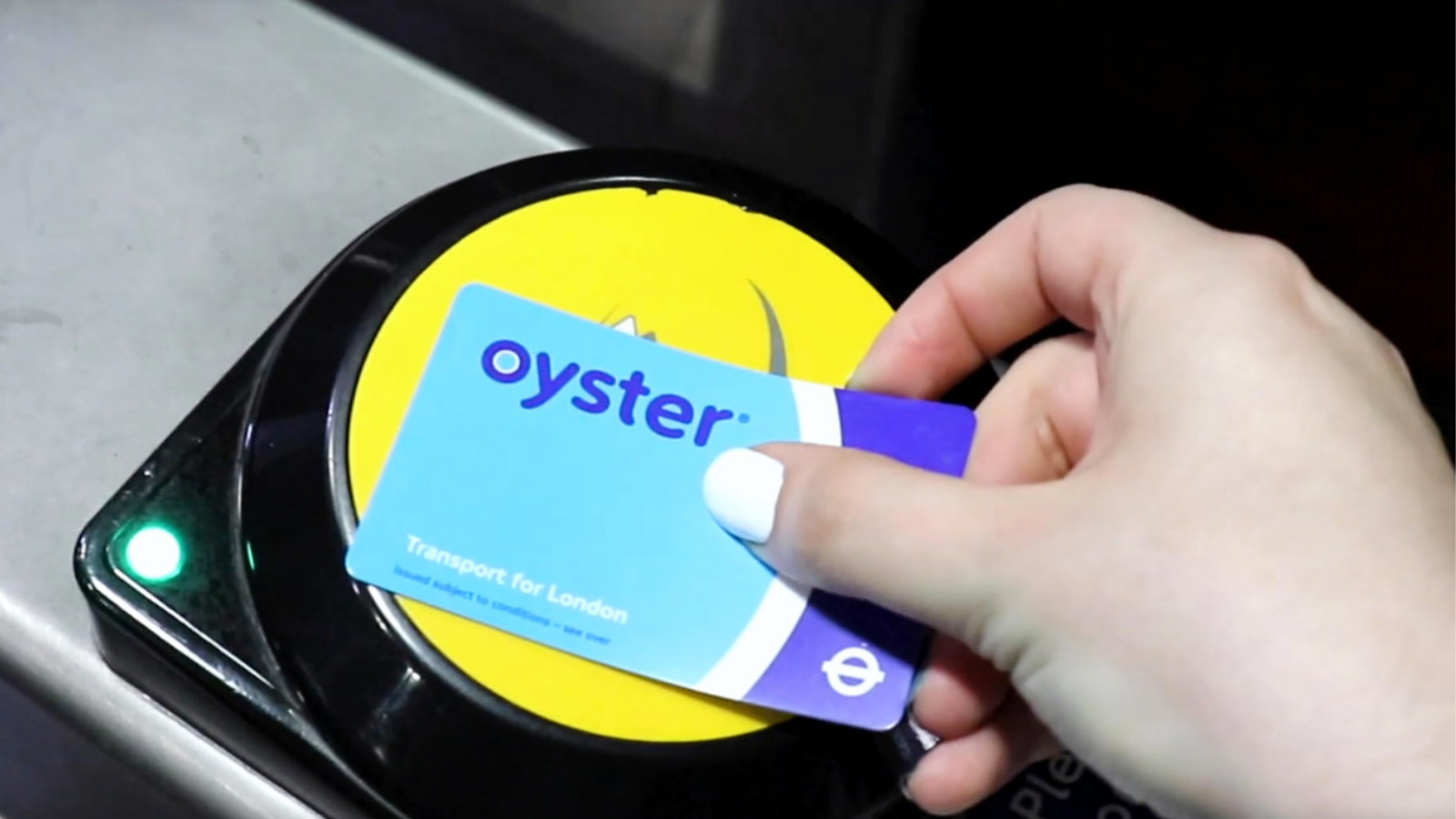Egypt, a country renowned for its ancient wonders and rich heritage, is also a place of remarkable linguistic and cultural diversity.
1. Arabic: The Heart of Communication:
Arabic serves as Egypt’s official language and is the primary means of communication. While Modern Standard Arabic is used in formal contexts, Egyptian Arabic (Masri) is the vernacular spoken by the majority of Egyptians in daily life.

2. Egyptian Sign Language: A Silent Community:
Egyptian Sign Language (ESL) is prevalent among the deaf community, offering a unique way to communicate. Learning some basic ESL signs can facilitate interactions and foster inclusivity.
3. Coptic: A Link to Ancient Egypt:
Coptic, an ancient language with deep historical and religious roots, is still spoken among Coptic Christians in Egypt. It provides a window into the country’s Christian heritage and its connection to ancient Egypt.
4. Berber Languages: Whispers from the Desert:
In Egypt’s western desert regions, you may encounter Berber-speaking communities, particularly Siwa Berber. These languages have ancient origins and offer insights into the unique cultures of the Berber people.
5. Nubian Languages: Echoes of Nubia:
The Nubian people, residing in southern Egypt near the Sudanese border, speak Nubian languages. These languages are an integral part of Nubian culture, which boasts its own distinct traditions.

6. English and French: Bridging the Gap:
English and French are commonly taught in Egyptian schools and are spoken by many in urban areas. Travelers often find that signs and information in these languages are readily available in tourist destinations.
7. Celebrating Diversity:
Egypt’s rich cultural tapestry includes a mosaic of traditions, music, dance, and cuisine. Dive into the unique customs and practices of various ethnic groups that contribute to Egypt’s cultural wealth.
8. Religious Festivals: A Display of Faith:
Witness the vibrant celebrations of Islamic and Coptic Christian festivals, such as Eid al-Fitr and Coptic Christmas. These events offer a glimpse into the deep-rooted religious and cultural values of Egyptians.
9. Egyptian Gastronomy: A Fusion of Flavors:
Egyptian cuisine is a delightful amalgamation of Mediterranean, Middle Eastern, and African influences. Don’t miss the opportunity to savor dishes like koshari, falafel, and stuffed grape leaves, each telling a culinary story of diversity.
10. Traditional Attire: A Mirror of Identity:
From the traditional galabeya and abaya to Western clothing in urban centers, Egypt’s diverse attire reflects cultural identity and societal norms. Observing these styles adds depth to your cultural experience.
11. Arts and Crafts: A Showcase of Talent:
Peruse local markets and bazaars to discover Egyptian handicrafts like intricate pottery, vibrant rugs, and exquisite traditional jewelry, each revealing regional artistic flair.
12. Music and Festivals: A Rhythmic Journey:
Participate in cultural festivals like the Cairo International Film Festival or immerse yourself in traditional music performances, such as the enchanting Sufi music or the soulful Nubian songs.
Egypt’s Kaleidoscope of Culture:
Egypt’s linguistic and cultural diversity is a testament to its historical significance and the multitude of influences that have shaped it over centuries.




